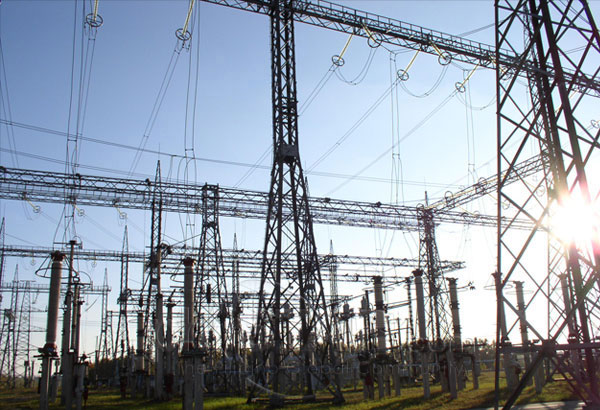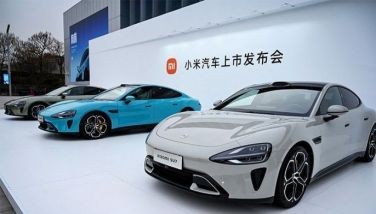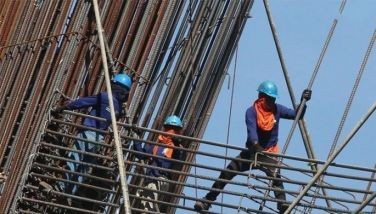Existential flexibility

The famous speaker and book author Simon Sinek was asked a question about the leader’s “EXISTENTIAL FLEXIBILITY” in the latest virtual conference of WOBF (World of Business Forum) beamed from New York. Sinek says “Existential Flexibility is the leader’s capacity to initiate an extreme disruption to a business model or strategic course.”
WOBF is a conference I would not miss. This year, I attended the conference in the comfort of my office table and did not have to go through the past predictable challenges like long (delayed) flights and jet lag.
Sinek says that in his book “The Infinite Game,” he says that leaders will either experience an existential flux once, maybe twice, sometimes never in a career, but he got that all wrong. Sinek never expected that every leader would be facing it simultaneously today brought about by the Pandemic.
Simon says: “A “Strategic Shift” happened in the late 1970s. Apple was already a successful company. They experienced Apple 1 and Apple 2, and Steve Jobs is already a famous CEO. Apple had a just cause. The company had a vision. Apple wanted to empower individuals to stand up to incumbent power, Big Brother, so it was a company driven by a revolutionary spirit.
Jobs and a few of the senior executives visited Xerox PARC, their R&D division. Xerox showed them something they invented called the graphic user interface, which allowed a computer user to click a mouse, move a cursor across a desktop, use icons, and work the computer. This is a profound technology because before that; you had to learn a computer language.
Jobs sees this new technology, and goes back to his team and says “we have to invest in this graphic user interface.” He sees it as a leapfrog technology to advance their vision. One of the leaders there that day said, we can’t; we’ve already invested millions of dollars and countless working hours in a completely different strategic direction. If we go down that path, we will blow up our own company, to which Jobs said that we should blow it up rather than someone else.
“That decision led to the Macintosh, a computer user operating system that is so profound that the entire Windows software is designed to act like a Macintosh,” Sinek says. Computers now are like household appliances because of their willingness to make that profound strategic shift. The reason leaders usually don’t make an existential flex is because they’re too afraid of the short-term losses and are too scared of the disruption, even if they sometimes see it as necessary.”
Another example given (which many other speakers mentioned) is the demise of a national video rental chain called Blockbuster. This little company called Netflix showed up and saw the rise of the internet and streaming potential in the future. The technology wasn’t quite there yet, but everybody knew it was coming. So they started experimenting with an entirely new business model called “subscription.” This means you could get the DVDs and keep them for as long as you wanted. And then send them back. The CEO of Blockbuster at the time went to the Board and said, “I think we need to experiment with subscription.” The Board rejected the idea because the company made 12 percent of its revenues from late fees. They were so afraid to get 12 percent of revenues that they committed an act of suicide. Blockbuster doesn’t exist. Today Netflix is determining the future of television and movies. Blockbuster today would say that the internet put them out of business. And then Simon Sinek says with an emphatic tone: “Nonsense!” They put themselves out of business.
With the pandemic today, we see many companies that are still desperately clinging to their old business models. The refusal to pivot will put you out of business. At the same time, we also see many business companies going through tremendous and positive disruptions taking advantage of COVID to make changes that they see highly necessary, where they may not have made these changes prior because they were just too afraid.
One significant shift, as observed by Sinek, was the unique behavior of leaders when COVID happened. The leaders relied on their human instincts. They called their teams; they called their employees one by one and said, “I’m worried about you; just wanted to check-in and make sure everything’s okay.” The people appreciated that and would never forget. This “existential shift” does not need a crisis to make it happen. And this practice of leaders showing care for their people should continue. And why is that? Because it is just plain good leadership.
So, leaders brace yourself.
(Connect with Francis Kong at www.facebook.com/franciskong2. Or listen to “Business Matters” Monday to Friday 8 a.m. and 6:30 p.m. over 98.7 DZFE-FM ‘The Master’s Touch,’ the classical music station.)
- Latest
- Trending































